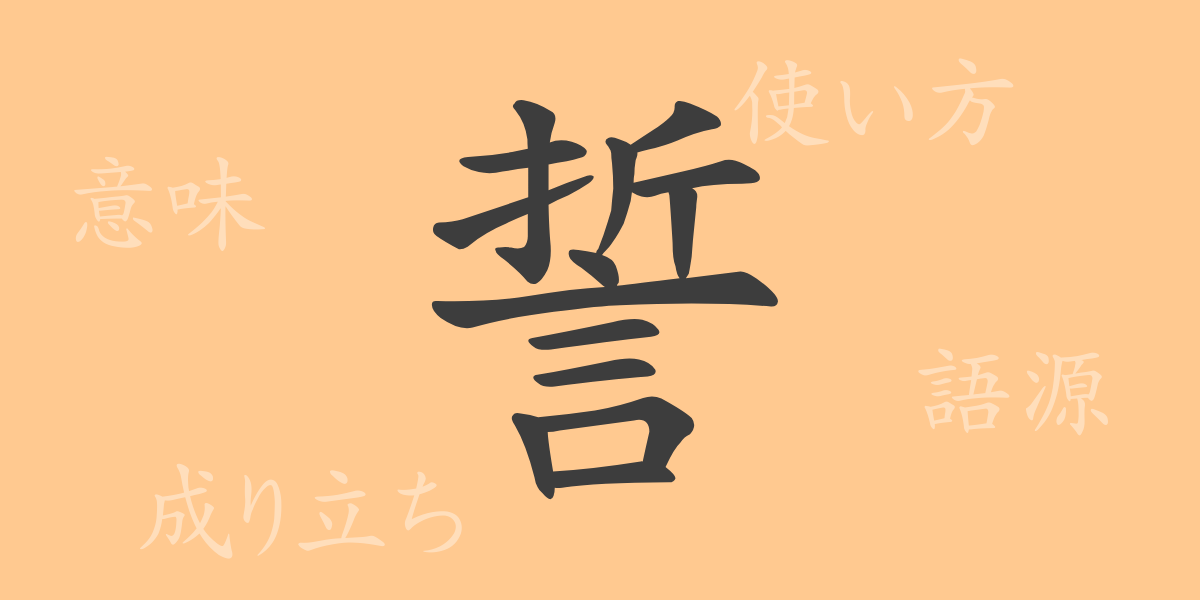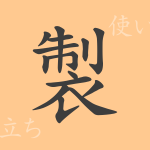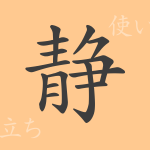In Japanese literature and everyday conversations, the kanji ‘誓’ (セイ) is often used to express emotions and resolutions. This article explores the profound meaning and cultural significance of ‘誓’, tracing its origins, meanings, usages, readings, and its presence in idioms and proverbs.
Origins of 誓
The kanji ‘誓’ originated in ancient China and has been used to denote promises or oaths. It combines ‘言’ (words spoken) with ‘戌’ (symbolizing the sacrificial rituals performed before the gods when making an oath). These elements form ‘誓’, which conveys the meaning of a firm promise made through words.
Meaning and Usage of 誓
‘誓’ represents firm promises or oaths, used in various contexts from legal contracts to personal commitments. It is particularly prominent during significant moments such as wedding vows or public oaths, emphasizing the strength of commitment.
Readings, Stroke Count, and Radical of 誓
The kanji ‘誓’ is deeply embedded in Japanese culture, both in form and meaning.
- Readings: On’yomi (Sino-Japanese reading) is ‘セイ’, and kun’yomi (native Japanese reading) is ‘ちか.う’.
- Stroke Count: ‘誓’ consists of 14 strokes.
- Radical: The radical is ‘言’, which represents words spoken.
Idioms and Phrases Using 誓
Idioms and phrases incorporating ‘誓’ often relate to commitment and promise. For example, ‘誓約’ (せいやく) means a firm promise, ‘宣誓’ (せんせい) denotes a solemn oath made in public, ‘誓詞’ (せいし) refers to words of oath spoken before the gods, and ‘血の誓い’ symbolically represents a vow of life-long loyalty.
Conclusion on 誓
The kanji ‘誓’ has long been used to symbolize significant commitments and promises in our lives. From its origins to modern applications, and through various idioms and proverbs, the power of ‘誓’ is immeasurable. Recognizing the gravity of spoken promises, we should cherish the spirit of ‘誓’ in our daily communications.

























